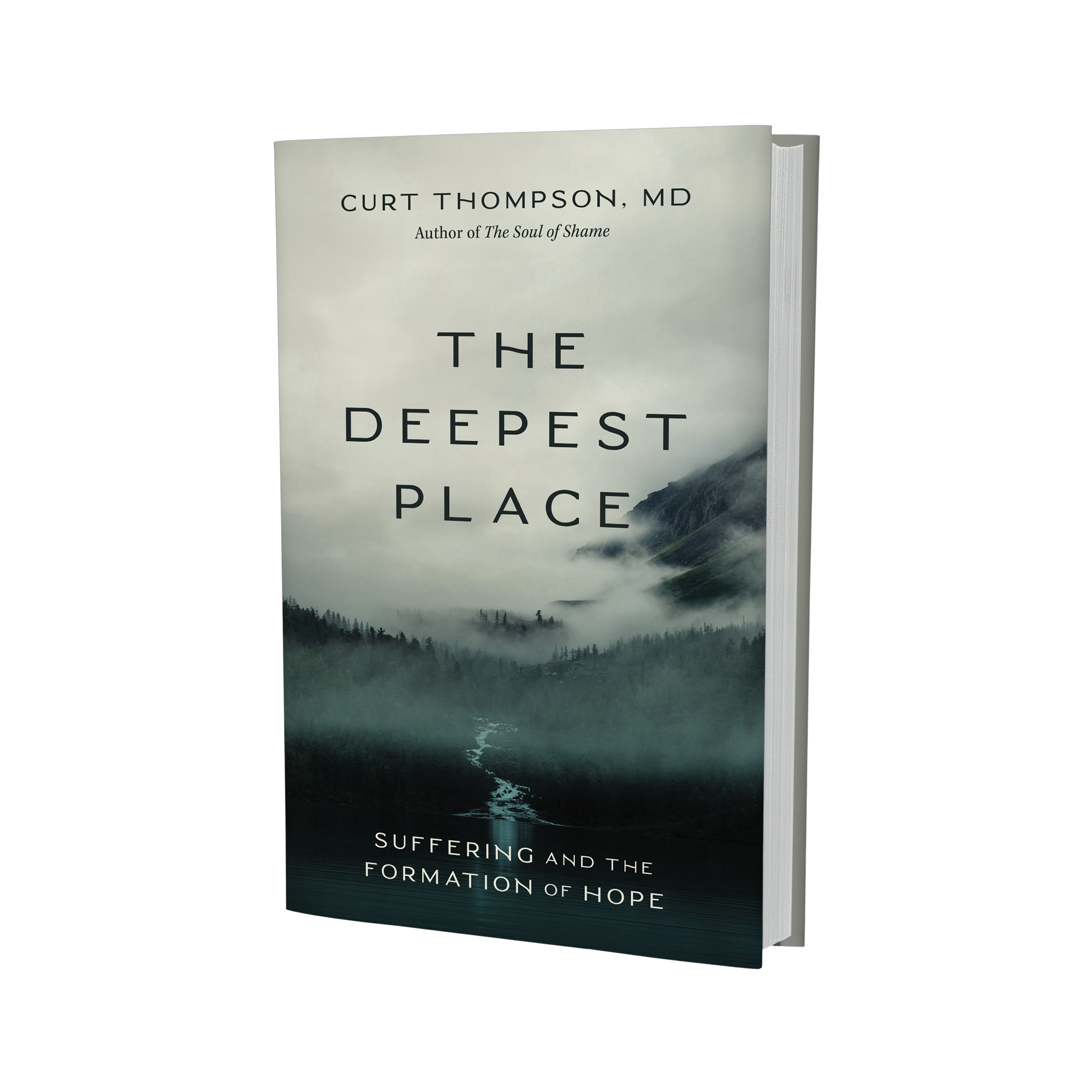Giving Thanks – Part 2

Two weeks ago I wrote about how the practice of gratitude is an interpersonally and neurobiologically integrating event, effectively an act of creating more deeply connected relationships, and is an expression and extension of the coming Kingdom of God. I also mentioned how this whole thing of saying, “Thank you.” is something that we must learn; it is not initially in my nature to do so. And this got me to thinking.
It’s not that hard, it seems at first glance, to become thankful, to be trained in the practice of gratitude. That is, when I’m getting what I want. I understand how we have to train a child’s brain; it doesn’t know any better. But once I learn, how hard can it be? It doesn’t feel like it costs me anything at all to express thanks at being the recipient of someone else’s largesse. Which brings to mind how the ancient Hebrews spoke of offering a sacrifice of thanksgiving to God. The thanksgiving, or peace offering, was presented sacrificially. What does sacrifice have to do with gratitude and the relationships it supposedly is fostering? Why wouldn’t the Hebrews be given the option to simply tell God, “Thank you for all Your benefits!” in the privacy of their own home?
In the Old Testament, we read how the thanksgiving offering was voluntary. No one was required to do it. It was an option made available for someone to willingly express his or her gratitude out of the generosity of their heart. But if you did offer it, a sacrifice would be involved. Rather odd logic if you ask me. Moreover, this sacrifice was shared between the worshipper, God, the priest and anyone else who would benefit from the meat and cereal cakes that had been prepared. A portion was consumed by fire as a sacrifice to God—and the rest was shared in a communal meal. In other words, I had to bring enough for God and several other people. What, if anything, does a voluntary, sacrificial offering intended to be shared among many have to do with the integration of the mind?
As I said earlier, it’s not hard to be grateful when I am receiving what I want. When all is as it should be. But giving thanks in the midst of my busy life? Or if I am in a state of want? Let alone in the presence of suffering. The fact is, no matter how good my life is, my attention is easily drawn to that which makes me anxious, or ashamed. I can easily become distracted from my intention to make connection with others. Moving at the speed of modernity, I make it difficult for me to remain in the present moment, to recognize the opportunity in which the Spirit of God is inviting me more deeply into relationship, no matter how brief the moment may be. Hence, it is easy for me to automatically say thanks to the grocer in the checkout lane (and even mean it at some level), and keep right on moving with little conscious recognition that I have thanked him, let alone of said grocer.
It is when I am willing to be in the present moment long enough that I can actually give thanks to someone else. That I can give it such that it can actually be received. Elsewhere I have written about giving patients the assignment of returning to their local grocery store just a few days after last being there, and finding one of the people who helped them and telling them how grateful they were for their work. Or, another assignment in which I invite people, when they have been thanked or paid a complement to pause and tell the one who has thanked them that they simply want to take several seconds so as fully receive the other’s gratitude. These acts will seem at first by most to be flat-out weird. No one does this.
Because it requires a sacrifice. It requires the time and thoughtfulness (and willingness to move through the initial social discomfort) necessary to be fully present to the one to whom I express my thanks. Time and thoughtfulness that amounts to the energy I will need to sacrifice in order that I and the other may be more deeply known and drawn into community with each other. To be as embodied as possible as I say thank you to whoever next needs to hear it. To make possible the integration of all of our mind and become more whole, even as our Father in heaven is whole.
And so, as we move headlong into Thanksgiving, consider slowing your pace long enough to give thanks. Long enough for it to be received, taken in and embodied. And don’t be afraid to let it cost you. You’ll be witness to the transformation of the hearts and minds of those around you as well as your own.
For which the only thing left to say will be, Thanks be to God.
